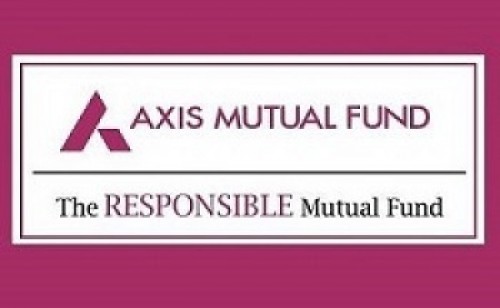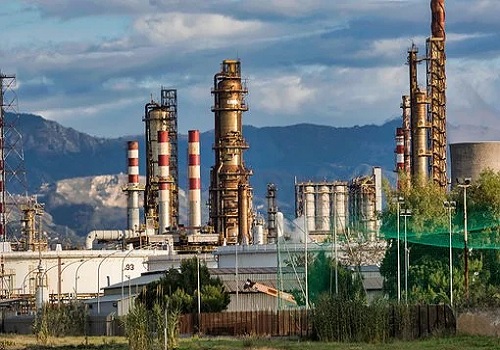Oil prices on track to finish week lower on U.S. rate hike worries

Follow us Now on Telegram ! Get daily 10 - 12 important updates on Business, Finance and Investment. Join our Telegram Channel
Oil prices were on track for weekly losses as strong U.S. economic data heightened concerns that the Federal Reserve would further tighten monetary policy to tackle inflation, a move that could hit fuel demand even as crude stockpiles grow.
Brent crude futures dropped 64 cents, or 0.75%, to $84.50 per barrel by 0334 GMT on Friday, while U.S. West Texas Intermediate (WTI) crude futures shed 59 cents, also a 0.75% loss, to $84.50. Both benchmarks were headed for a weekly decline of more than 2%.
Data showed that the U.S. producer price index (PPI) rose 0.7% in January, after declining 0.2% in December. Meanwhile, jobless claims unexpectedly fell to 194,000, compared to the 200,000 forecast, according to a Reuters poll.
"Strong U.S. data bolstered concerns over rate hikes and prompted a rise in U.S. Treasury yields, which weighed on oil and other commodity prices," said Kazuhiko Saito, chief analyst at Fujitomi Securities Co Ltd.
Tina Teng, an analyst at CMC Markets, said U.S. crude stockpiles rising to a 17-month high suggested that demand was weakening, resulting in lower prices.
"Crude oil prices were also lower due to risk-off trades following the selloff on Wall Street following the PPI data and a strong U.S. dollar," Teng said.
Oil prices have seesawed over the past weeks between fears of a recession hitting the United States amid inflation-fighting rate hikes and hopes for a pick-up in demand in China, the world's top oil importer.
The International Energy Agency (IEA) said this week that China would make up nearly half of this year's oil demand growth after it relaxed its COVID-19 curbs, but restrained production by OPEC+ countries - members of the Organization of the Petroleum Exporting Countries and allies - could mean a supply deficit in the second half.
Saudi Energy Minister Prince Abdulaziz bin Salman said the current OPEC+ deal to cut oil production targets by 2 million barrels per day would be locked in until the end of the year, adding he remained cautious on Chinese demand.












 320-x-100_uti_gold.jpg" alt="Advertisement">
320-x-100_uti_gold.jpg" alt="Advertisement">












